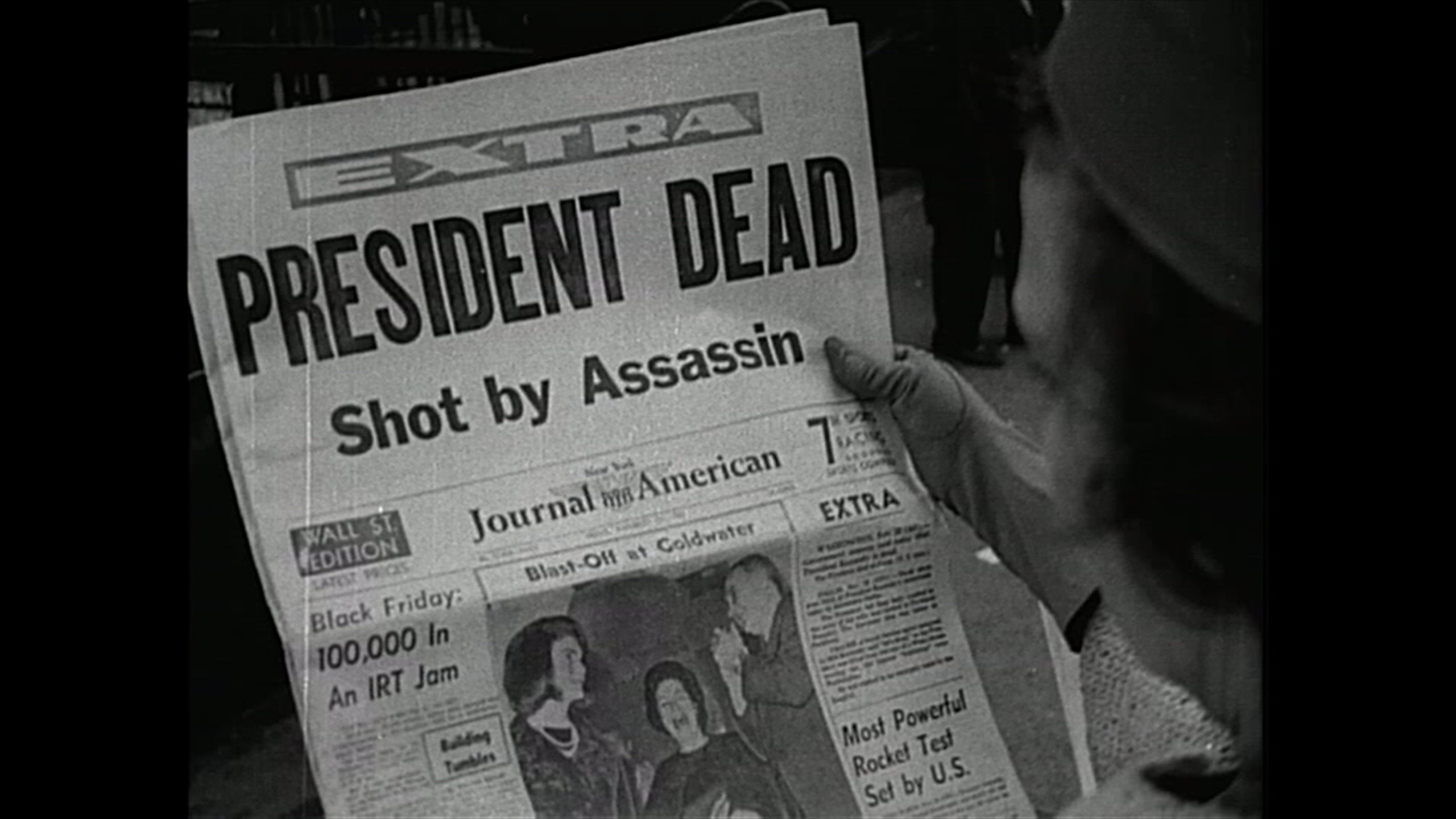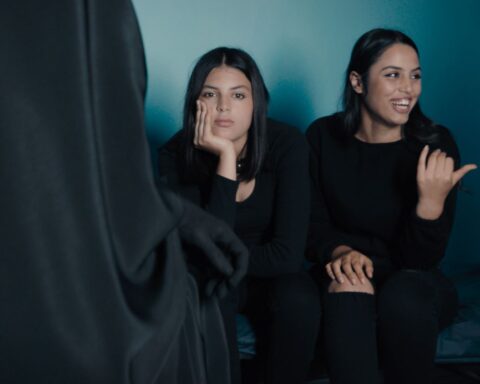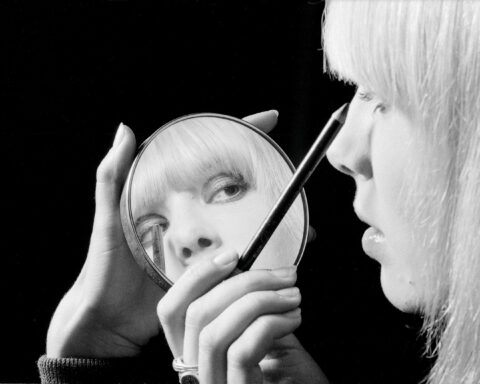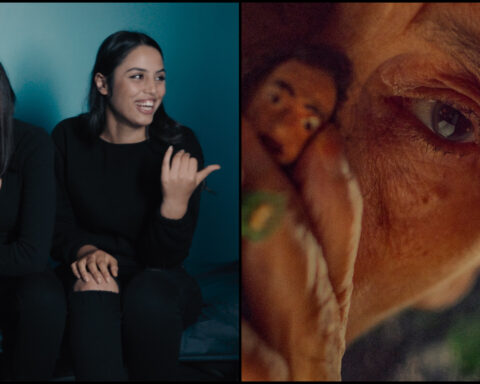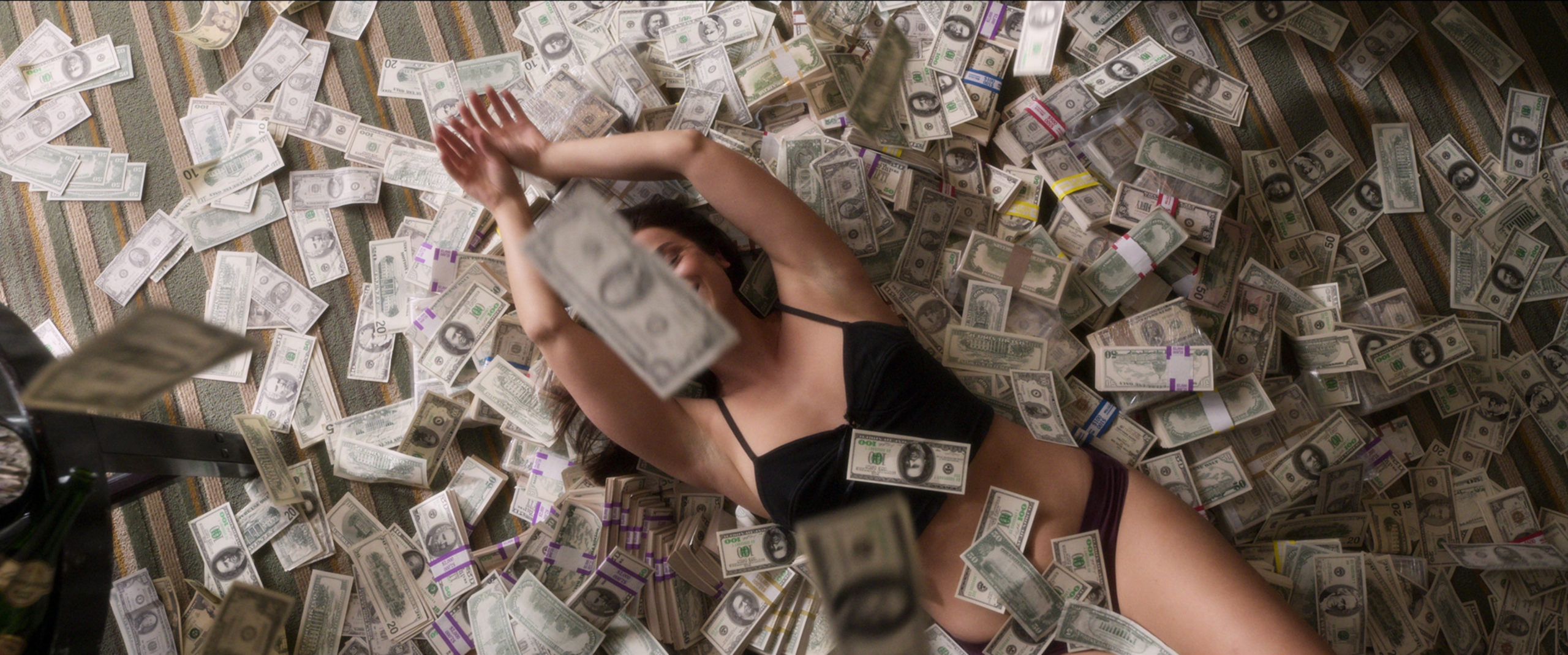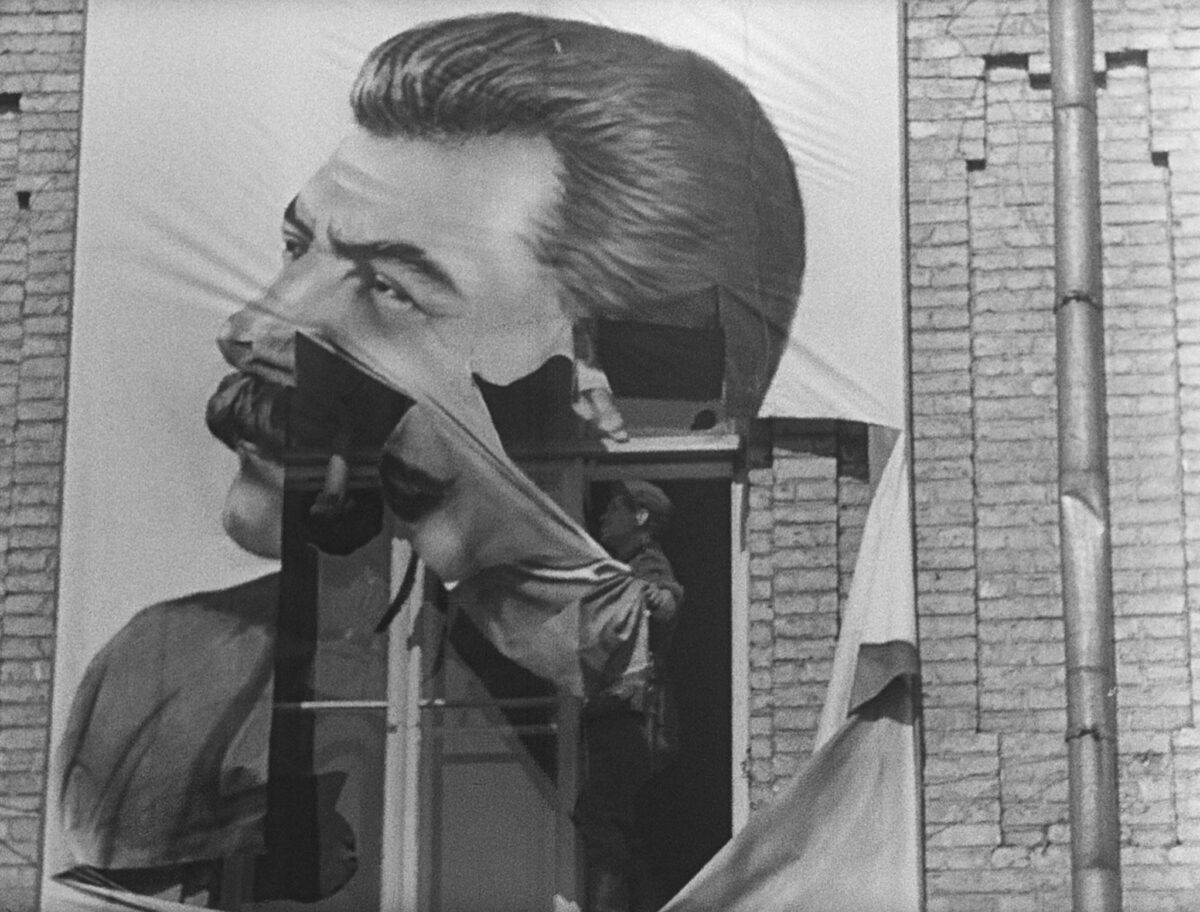In high school in the late 1980s, we had a visiting “JFK scholar.” (By day, he was a janitor at another local school.) He would come to give evening presentations about the bonkers events surrounding the JFK assassination. He had a copy of the Zapruder film and excited tones would speak of all the things that the Warren Commission fouled up in its investigation of the murder. We hear of magic bullet mayhem, umbrellas with secret flechettes, prostitutes dumped on the side of the road, and frame by frame analyses of the presidential headshot. It felt like we were being gifted information that was too dangerous for regular people to apprehend, a glimpse into the true mechanisms that shaped our world.
When Oliver Stone’s 1991 drama JFK landed, I recognised many of the same smattering of references, especially in the opening montage in which a number of well-trod assassination theory elements were visually referenced. A grand, Oscar-winning success, the film made even more people skeptical of official government facts, leading to another round of investigations of the events from November 1963 and the release of millions of documents.
Three decades later, Stone is back with what’s presented as a documentary and, according to the filmmaker, an antidote to the “propaganda” that has been presented in the wake of all this talk of Kennedy’s shooting. “This is no longer conspiracy theory, this is conspiracy fact” he baldy claims while presenting myriad instances where the official narrative simply doesn’t pass the smell test.
As a documentary itself, JFK Revisited feels little more than something you’d find on late night TV. Offering numerous talking head interviews with both tenured scholars and amateur sleuths, Stone intersperses these with copious contemporaneous footage and narration by some of his Hollywood friends. The ties to Stone’s fiction film are made all the more explicit when he presents a famous JFK clip of Donald Sutherland asking the “why?” question and cuts to Sutherland himself espousing the supposed answer (spoiler: It was the CIA in order to have a war in Vietnam). This collision between the mythmaking of the film and the documentary is but one stylistic choice that may be enthralling for some viewers and distasteful for others.
But perhaps the biggest frustration is the feeling that the entire film and its participants are in a conspiratorial bubble, with all the evidentiary skepticism focussed only outwards rather than on, say, the numerous (and contradictory) deathbed confessions meant only to be spread posthumously in order to provide fodder for one book or another. There is, of course, a JFK-conspiracy Industrial Complex, and Stone’s Cannes-premiering film is now another major component in this milieu. Perhaps one participant or two that would use the same acuity to find contradiction in the skepticism, as Stone repeats disputed concerns about the photographs of the alleged assassin, for example, as if they are indisputable facts.
More depressingly, the film, and most JFK conspiracy “scholarship,” conflates two very different questions: was the investigation butchered to arrive at premature conclusions, and did Lee Harvey Oswald assassinate the president alone? One need only look at the O.J. Simpson trial for the most famous of examples where the process and the events can exist in two different frames, but Stone begins with the presupposition that if the investigation was fudged for a single conclusion, whether through incompetence or through mendacity, then ipso facto that conclusion cannot be true and there must therefore be another, more obviously grander conclusion.
Yet over and over again, we see that major events can be brought out by minor people. We don’t need a massive operation to explain things. Equally, the near evangelical faith to trade established sets of beliefs for something even more heightened and mythic has resulted in the rise of QAnon and other related full-bore lunacy. “Exposing the truth” has been removed from a deliberate, dispassionate epistemological quest to something more akin to a crusade, with Stone overtly suggesting the entire trajectory of Western Civilization was uprooted by a few seconds in Dallas.
To paraphrase the late Donald Rumsfeld, we have many unknown knowns, and many known unknowns when it comes to death of JFK. While Stone’s film will drive interest, it does little but preach to a choir that already believes that a bullet found pristine on a gurney after the fact was very likely a plant. As a rumination about judicial and governmental incompetence, the film does well, but when it lurches towards conclusion, it falls flat. Stone is unable to provide anything more than barside ramblings about this or that powerful organization meant to silence those who speak the truth.
When Alice travelled through the looking glass, she wasn’t entering a world that was “more real.” She was, in fact, entering a kind of wild (and given the source, drug-fuelled) alternate reality where things were by definition obscure and abstract. As Stone himself travels through said mirror, he refuses to look at his own reflection, to look at the many (many) contradictions and confabulations in the counter narratives that truly just shotgun ideas until one of them sticks. While it’s fun entertainment, such a screed may be as dangerous as what Stone purports to attack, removing investigatory precision in favour of a wild mishmash of skepticism that leads to chaos.
Stone has now spent many years as a political activist supporting demagogues over democratic leaders, and remains with his film intent on believing entirely on the skepticism of anything official. There’s a line to be crossed between complete anarchic refusal to adhere to public record and the very real concerns about what stories we are told (as a much more interesting “conspiracy,” the Pentagon Papers, lay bare). Yet while a huge percentage of Americans refuses to believe election results, CDC mandates about vaccinations, or even reports about institutional violence and the systemic causes, this is a very dry tinder to which Stone and his collaborators are lighting fires in close proximity.
JFK Revisited may not even be that great a JFK documentary, but it’s certainly one that will get earn plenty of attention thanks to his director. Perhaps the stepping-stone from Stone’s film will be to those who look closer not only at the assassination but at how an entire legacy of consumerized skepticism has fuelled many of the questions that continue to this day. There’s a lot in this subject that’s provocative and fascinating, but I fear that this film does nothing other than burn down the existing narrative and replace it with something no less rickety and perhaps even more irresponsibly presented.
JFK Revisited: Through the Looking Glass premiered at the 2021 Cannes Film Festival.




